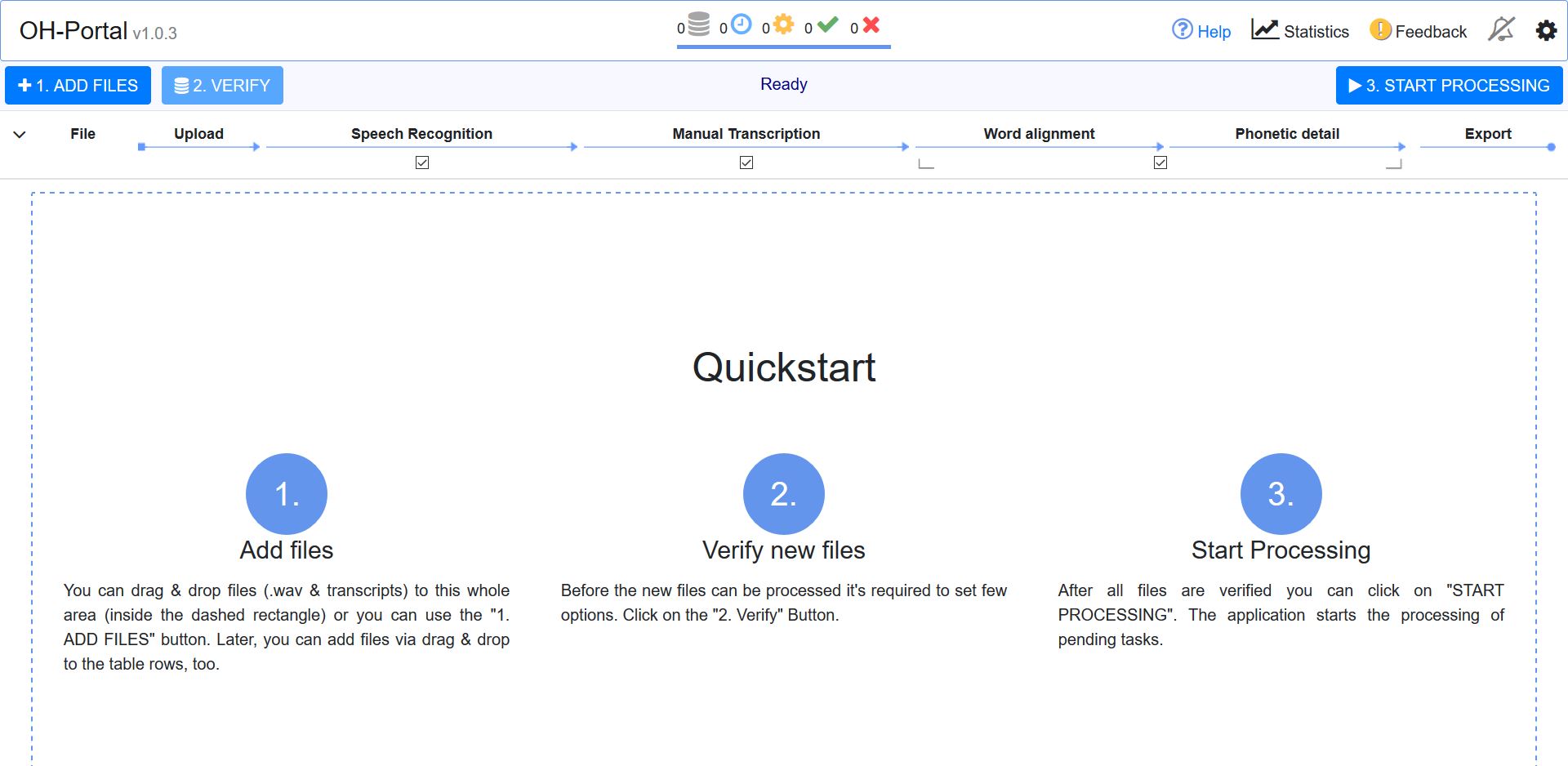Automated Speech Recognition (ASR) can be accomplished through a desktop application on your personal computer, be it Windows, Linux, or OSX, or via an online service. Both approaches present their unique set of advantages and drawbacks.
Online services for ASR are user-friendly and often demand minimal computational power. However, privacy concerns are associated with these services. Most of these platforms rely on cloud-based solutions, implying that your recorded conversations are temporarily stored on an external server. Furthermore, in some instances, by opting for a cloud service, you may inadvertently consent to the utilization of your recordings for their internal research objectives, posing significant privacy issues. Thus, it is essential to thoroughly peruse the terms and conditions of any ASR service before deciding if its privacy measures align with your requirements.
For highly sensitive data where trust in online services is questionable, running an ASR application on your own computer grants you full authority over the entire process. Your data won't be transferred elsewhere for processing, and the software can operate without an internet connection, if desired. However, this approach does present challenges; local ASR processing is often more intricate and demands a computer with adequate processing power. While numerous online ASR services are compatible with a basic laptop optimized for web browsing, such as a Chromebook, the same cannot be said for installable services.
In the following section, we will highlight several notable ASR services. The first will be the Transcription Portal. A significant portion of our team has contributed substantially to the development of this online ASR tool. Other independent options will be discussed subsequently.
New Transcription Portal
The new Transcription Portal will be equal to the current one, but will use Whisper (or a better engine) for the recognition. It will be an easy-to-used web service for Multi-language ASR and (some) editing will be possible. Again, it is of free use for academic research.
The endpoint will be again: https://www.phonetik.uni-muenchen.de/apps/oh-portal
The ASR-engine will be Whisper (for now) which changes a bit the structure of the portal. The current portal is not an ASR service itself, but makes it possible to process your audio files through many different ASR services in Europe.
The new one will do the recognition on the computers of (for now) the LMU in München and may be some other places (Pisa, Nijmegen). After ASR is done, you can download the recognition results on your computer and correct the results.
Once more is known, it will be written here.
Old Transcription Portal
Easy-to-used web ASR - Multi-language - Editing possible
Free (academic use) - Webbased
https://www.phonetik.uni-muenchen.de/apps/oh-portal

The Transcription Portal is an online ASR tool developed and hosted by LMU Munich for academic transcription purposes. The tool is not an ASR service itself, but makes it possible to process your audio files through many different ASR services. When this is done, you can either correct and edit the results within the OH-Portal, or export the results in the filetype of your choice. More information on the Transcription Portal can be found on this page of our website.
